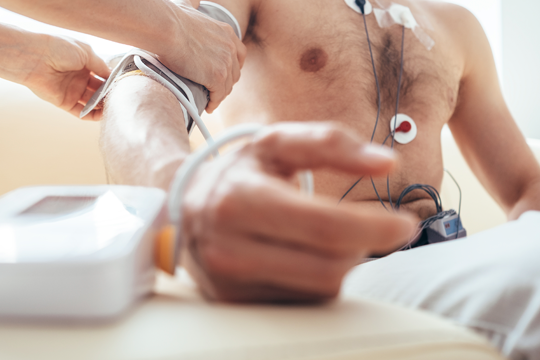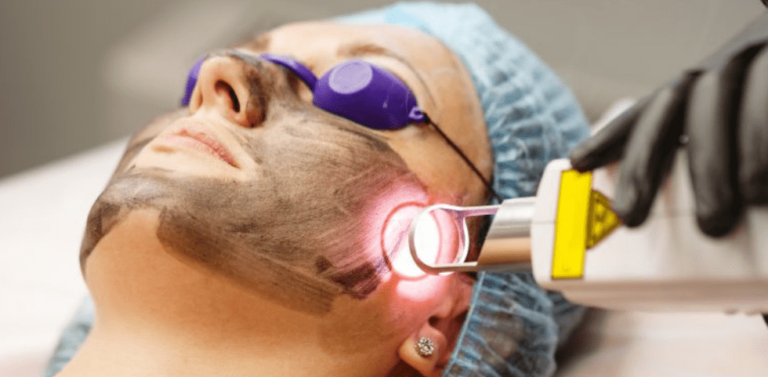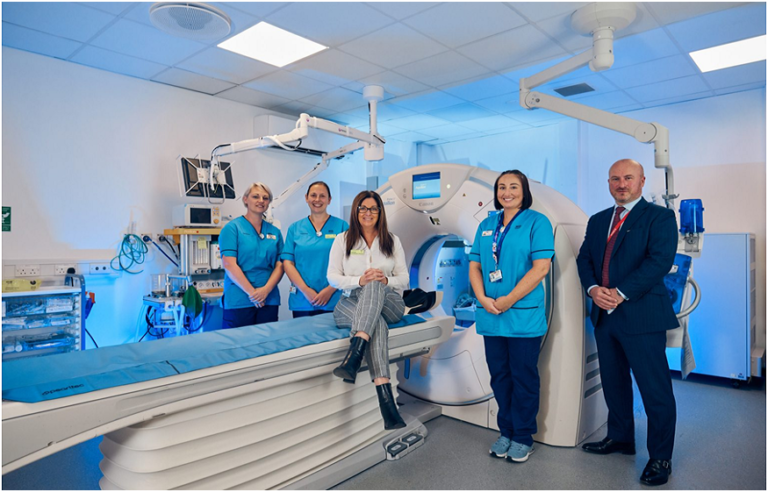
There can be several issues if a person continues to abuse alcohol for a very long time, which is true for both men and women.
- More than four drinks per day or more than 14 drinks per week is considered heavy drinking for men.
- More than three drinks per day or more than seven drinks per week is considered heavy drinking for women.
Medical researchers have established that if a person abuses alcohol for a very long time, then a certain heart problem may occur, which is known as alcoholic cardiomyopathy. You may bring the person to detox and rehab for proper treatment.
Usually, men in the age group between 35 and 50 years are most likely to be victims of such alcoholism; on the other hand, women who have been drinking heavily may develop this issue.
Symptoms of this problem
People with this issue may have any of the following:
- Shortness of breath
- Swelling of the legs/feet/ankles
- Fatigue
- Weakness
- Dizziness or fainting
- Loss of appetite
- Trouble concentrating
- A rapid and irregular pulse
- A cough that may produce a frothy, pink mucus
- A change in urine output
What may cause this issue?
Abuse of alcohol may cause the following issues:
- Create toxicity to your heart and other organs
- Weakens your heart’s muscle over time
- It prevents your heart from pumping blood efficiently.
- The heart’s muscles and arteries may degenerate.
Your heart’s muscles may become larger to hold a greater amount of blood, which can lead to functional damage and heart failure.Since, your heart’s muscle may become larger to hold more amount of blood, which end up with functional damage and heart failure.
How is it diagnosed?
Your doctor will perform the following:
- Conduct a physical examination
- Measure your blood pressure
- Measure your pulse rate
- Check for abnormal heart and lung sounds
Doctors might notice the following symptoms:
- Edema in the legs
- Jugular vein swelling
- An enlarged heart
- Enlarged murmurs.
Honest disclosure of alcohol consumption aids diagnosis and treatment planning. Additional tests like laboratory work and X-rays may be necessary.
How it is treated
Firstly, doctors will advise complete abstinence from alcohol. At the same time, they will monitor the withdrawal symptoms.
Doctors will also prescribe BP medications like beta-blockers and also ACE inhibitors. If then situation is very serious then doctors may also advice pacemakers or defibrillators.




